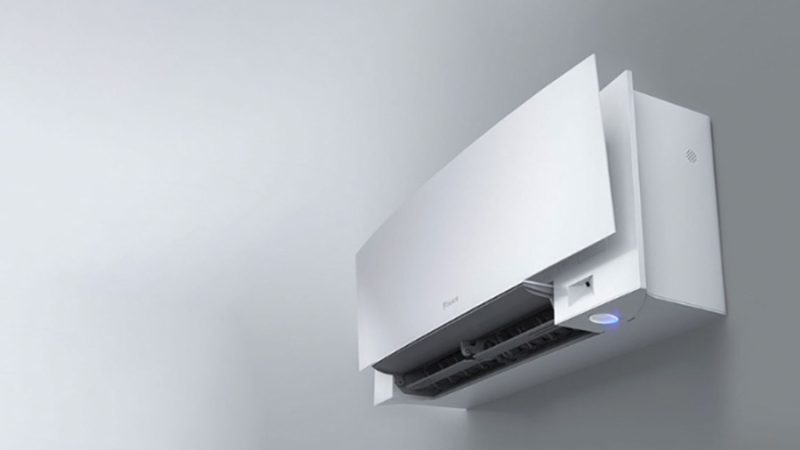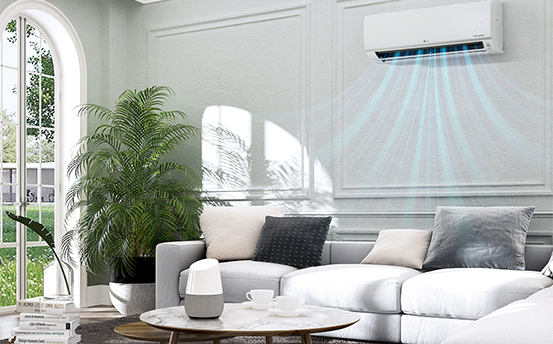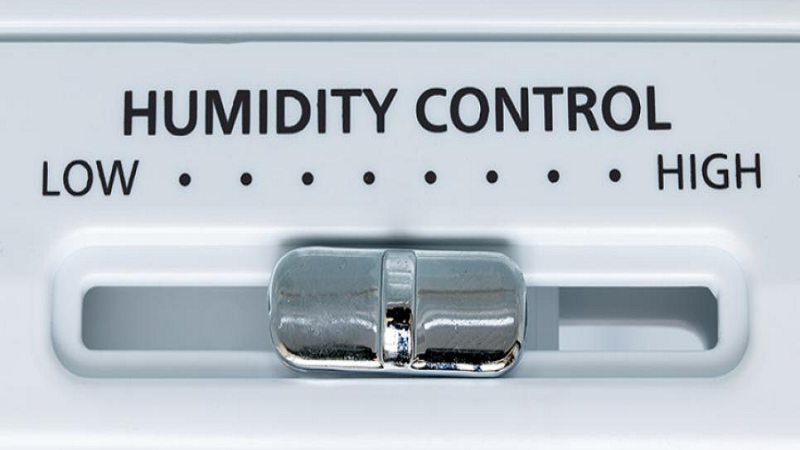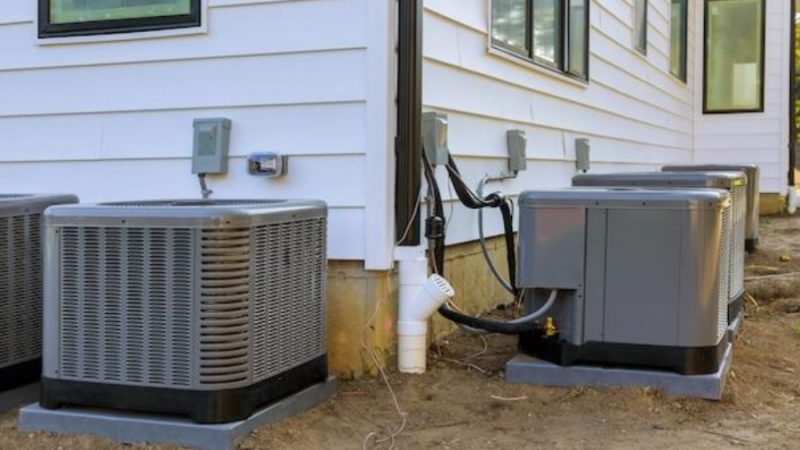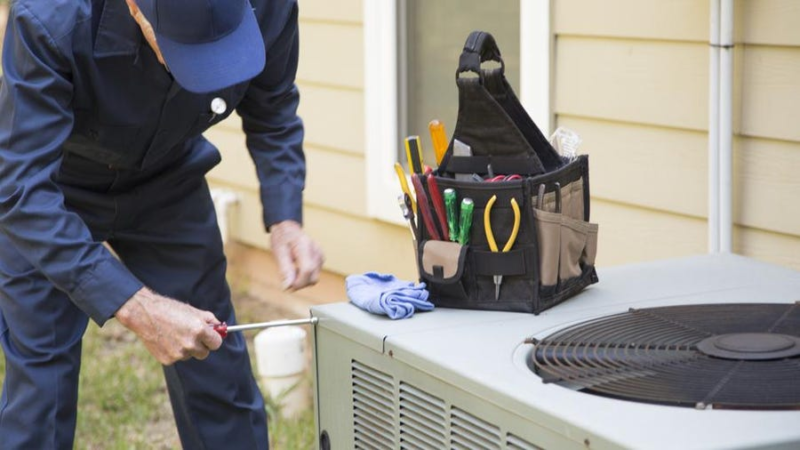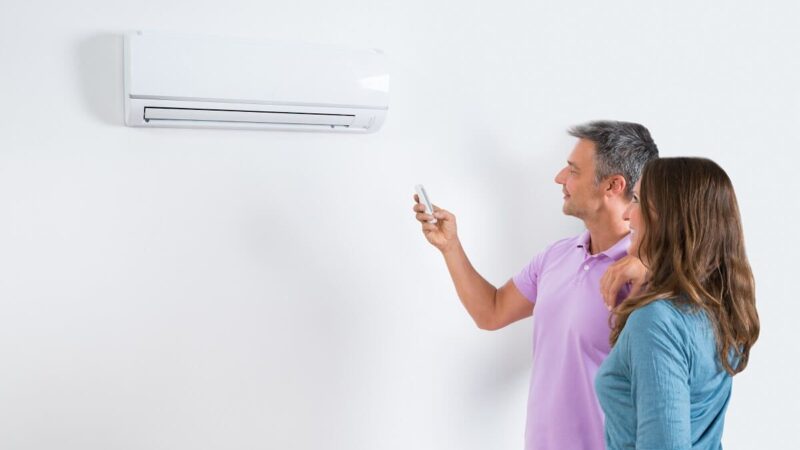The Role of HVAC in Indoor Air Quality Management

The quality of air inside a building is an important factor that affects the health and comfort of its occupants. The HVAC (heating, ventilation, and air conditioning) system plays a crucial role in maintaining good indoor air quality. In this article, we will discuss the role of HVAC in indoor air quality management.
Understanding the Importance of Indoor Air Quality
Indoor air quality refers to the quality of air within and around buildings and structures. It is affected by various factors such as temperature, humidity, pollutants, ventilation, and outdoor air exchange. Poor indoor air quality can lead to health issues such as allergies, respiratory problems, headaches, fatigue, and more. Therefore, it is essential to have a well-maintained HVAC to ensure good indoor air quality.
Moreover, by having good indoor air quality, the overall well-being and productivity of the occupants can be improved. For that reason, regular maintenance of the HVAC in Port Charlotte is crucial and should not be neglected.
What is the Role of HVAC in Indoor Air Quality Management?
The HVAC system is responsible for providing a comfortable and healthy indoor environment. It controls the temperature, humidity levels, and ventilation in a building. Here’s how it contributes to managing indoor air quality:
1. Temperature Control
HVAC systems are designed to maintain a consistent and comfortable temperature inside buildings. This helps prevent the growth of mold and mildew, which can cause health issues. Additionally, a well-maintained HVAC system can also help reduce the spread of viruses and bacteria that thrive in extreme temperatures.
2. Humidity Control
Excessive humidity levels can lead to moisture buildup and create an ideal environment for mold growth. This can result in respiratory problems and other health issues. The HVAC system helps regulate humidity levels by removing excess moisture from the air, ensuring a comfortable and healthy indoor environment.
3. Ventilation
Proper ventilation is crucial for maintaining good indoor air quality. The HVAC system circulates fresh outdoor air into the building while removing stale air. This helps remove pollutants and odors, improving the overall air quality inside the building. Additionally, proper ventilation helps maintain a comfortable temperature and prevents the buildup of harmful gases indoors.
4. Filtration
HVAC systems come with filters that trap airborne particles, such as dust, pollen, and pet dander. These filters help improve indoor air quality by reducing the number of pollutants in the air. It is important to regularly clean or replace these filters to ensure their effectiveness in maintaining good indoor air quality.
Tips for Maintaining Good Indoor Air Quality
Apart from having a well-maintained HVAC system, there are other steps you can take to ensure good indoor air quality:
- Hiring a professional to regularly inspect and clean your HVAC system.
- Keeping moisture levels in check by fixing leaks and using a dehumidifier if necessary.
- Regularly vacuuming and dusting surfaces to remove dust and other pollutants.
- Using natural cleaning products instead of harsh chemicals that can release harmful fumes into the air.
- Having proper ventilation in areas where pollutants are commonly found, such as the kitchen and bathroom.
Conclusion
We hope this article has shed some light on the important role of HVAC systems in maintaining good indoor air quality. By keeping your HVAC system well-maintained and following these tips, you can ensure a healthy and comfortable indoor environment for yourself and others. Remember, good indoor air quality is essential for overall well-being and productivity, so do not neglect the maintenance of your HVAC system. So, make sure to prioritize regular maintenance of your HVAC system for a healthy and comfortable indoor environment.


